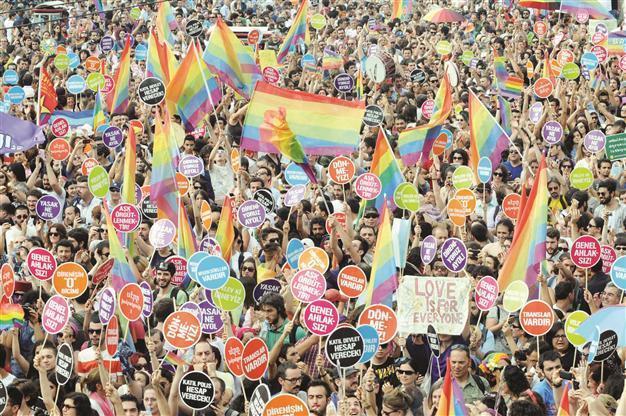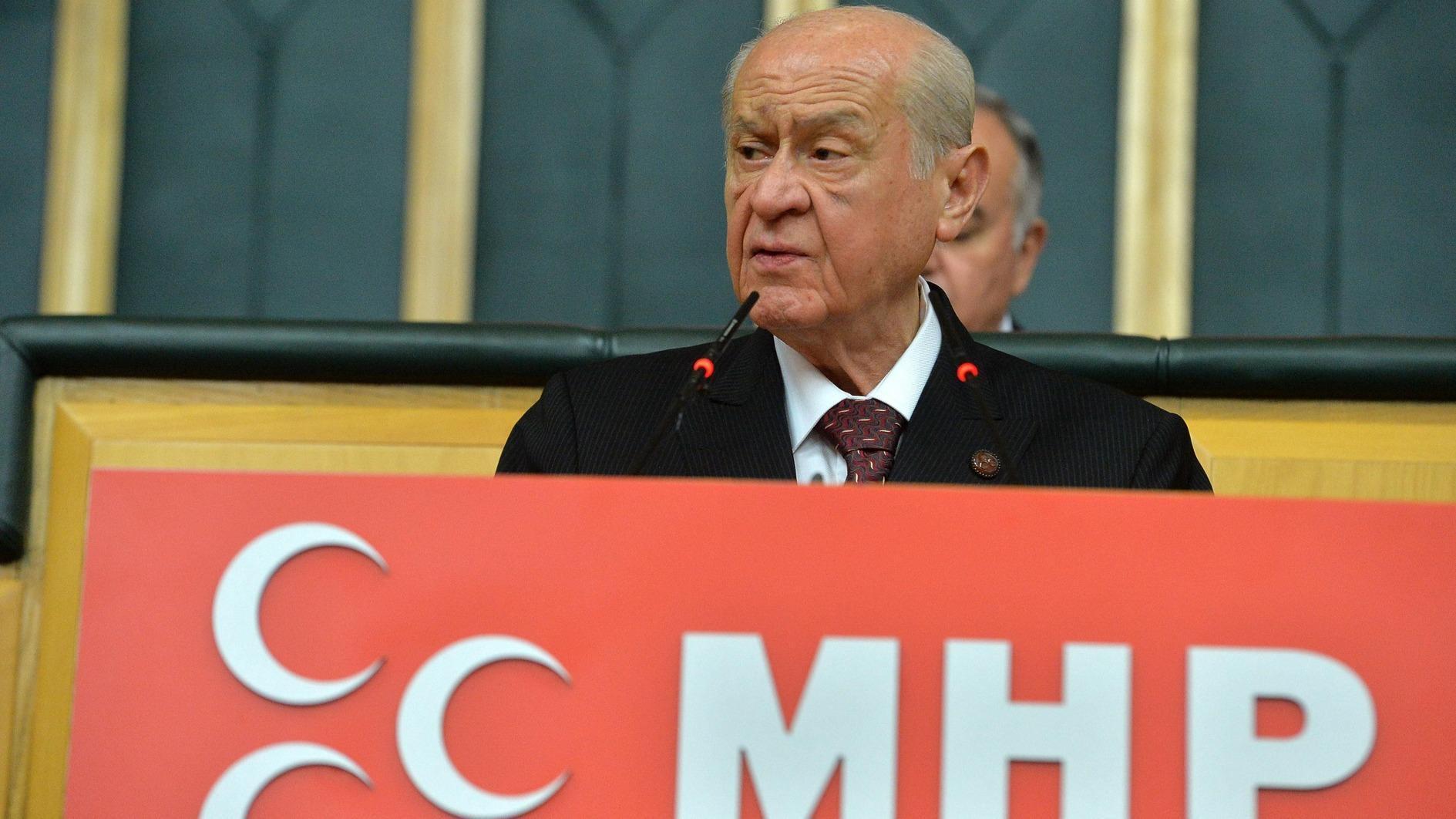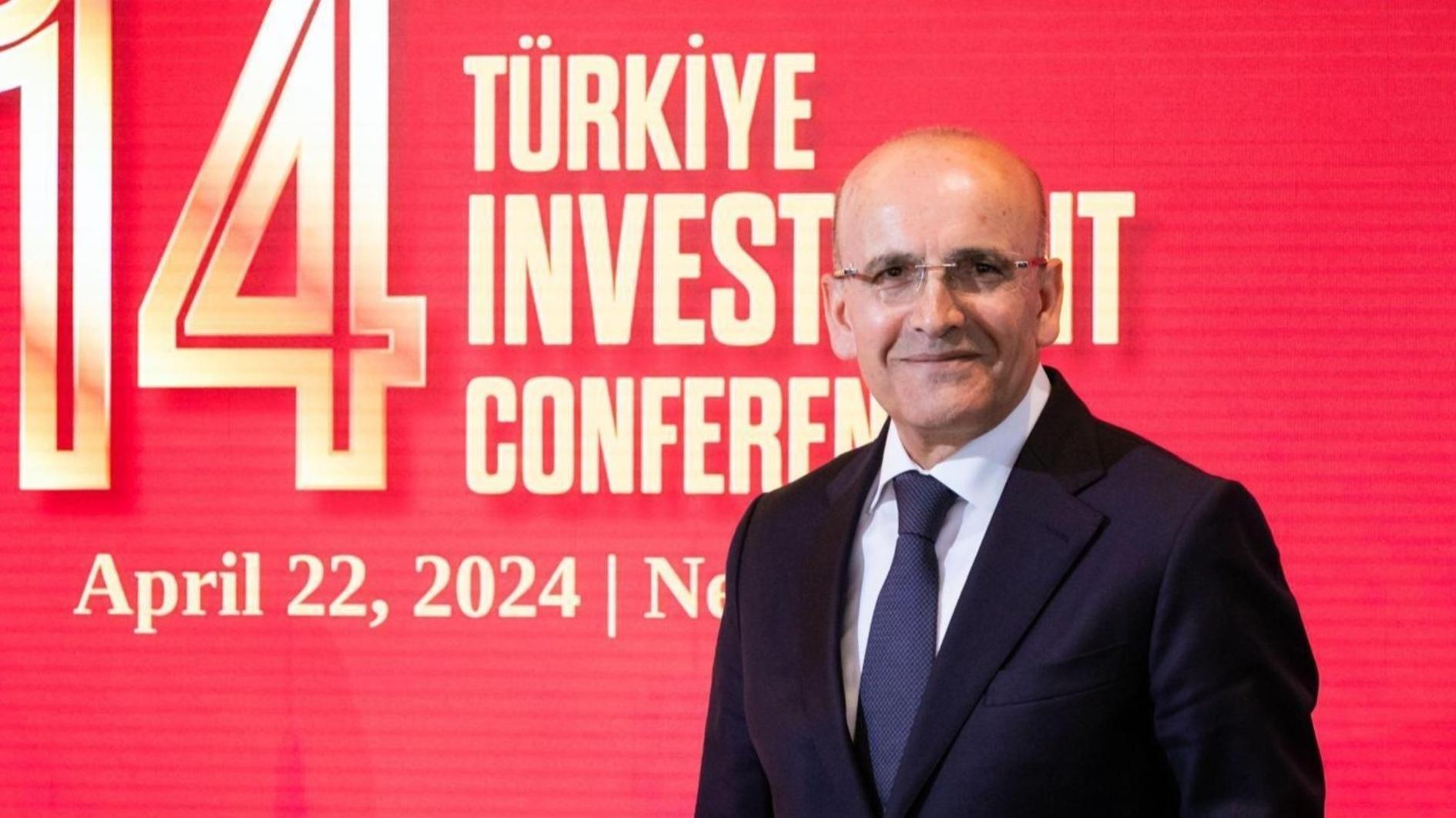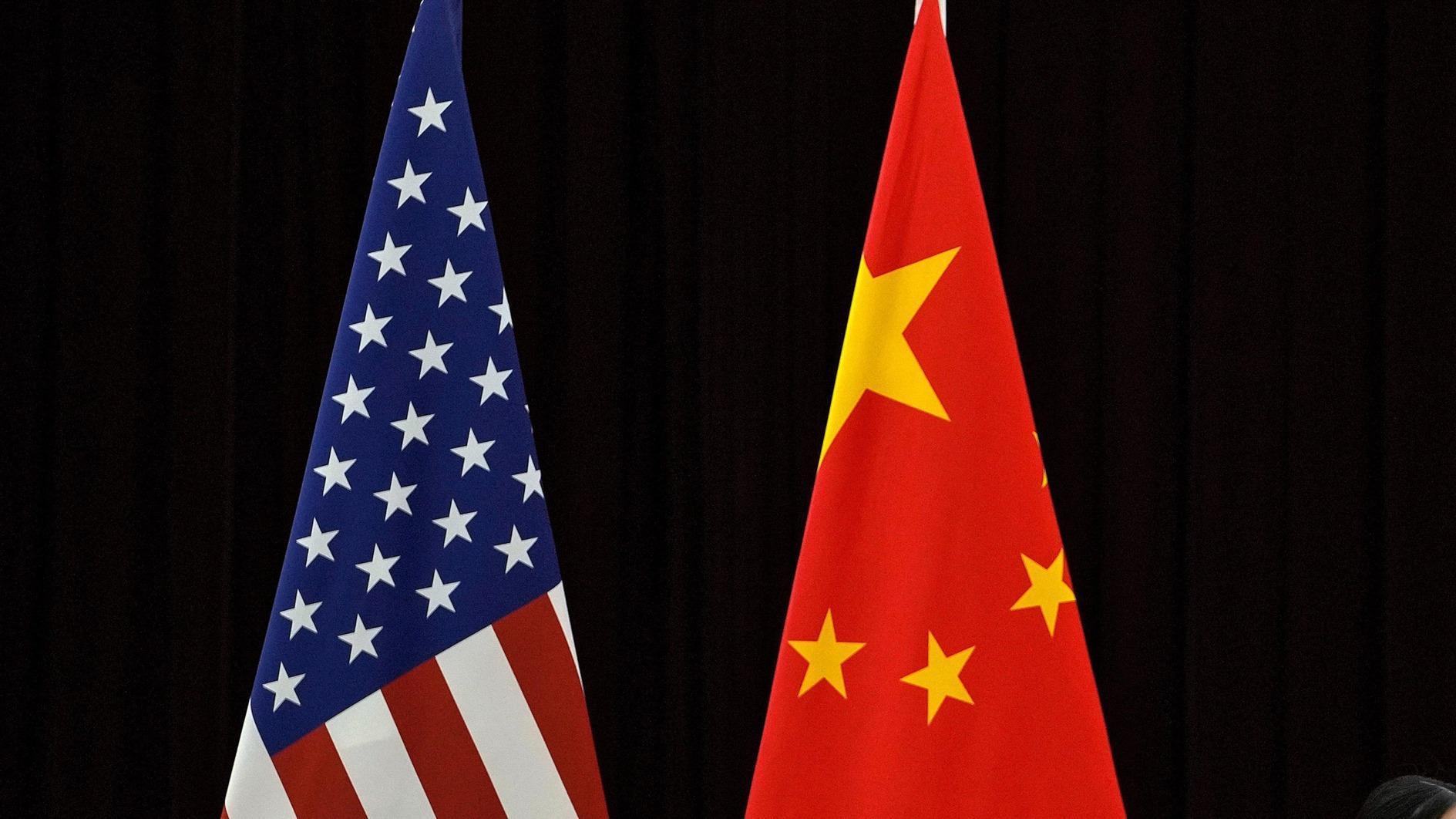Hate crime narrowly defined in Turkey's democratization package
ANKARA

Turkey’s gay rights groups have been holding campaigns for a ‘hate crime law’ for long years. This file photo shows a protest from this year’s gay pride in Istanbul’s central street of Istiklal. DHA photo
The long-anticipated “democratization package” was finally submitted to Parliament on Dec. 5, but the 17-article package’s content with regard to hate crimes does not touch upon the social and cultural aspects of hate crime at all.“A person who bars the selling, handing over or renting movable goods or real property to a person; who prevents a person from using of certain service offered to the public; who bars employment; and who prevents a person from running a regular economic activity, because of hatred stemming from the difference of language, race, nationality, color, gender, disability, political views philosophical belief, religion or sect, will be sentenced to prison for a period of one to three years,” the amended article states.
In this version, hate crimes do not include provisions for those targeted because of their sexual orientation or ethnic identity.
At the time of the package’s announcement, Justice Minister Sadullah Ergin said the criteria of the Organization for Security and Co-operation in Europe (OSCE) would be taken as a model in defining “hate crime.” However, the OSCE’s definition includes crimes motivated by both ethnicity and sexual orientation.
Another key amendment in the package, the fifth of its kind, paves the way for higher sentences in cases similar those related to the Gezi Park protests.
Currently, when a person is given the lowest possible sentence, which is a one-year-long imprisonment under Article 112 of the Turkish Penal Code, the court is able to postpone the execution of the sentence. The amendment increases the lowest sentence to two years, removing the possibility that the execution can be postponed.
Other key part of the package submitted to Parliament include:
- Political parties and candidates will be able to use any language or dialect in all forms of promotion, making material in Kurdish possible. Bans on Kurdish names for settlement places are also being lifted.
vPolitical parties will be able to implement a co-leadership system, on the condition of having such a system in their party statute and not having more than two co-leaders.
- Political parties that receive more than 3 percent of the total number of valid votes cast in a general parliamentary election will receive treasury funds. The fund will be no less than 1 million Turkish Liras. This arrangement will enable the Peace and Democracy Party (BDP) to receive a treasury fund.
- Preventing the use of freedom to announce religious beliefs, opinions and convictions either by force or by another illegal act will be sentenced for one year up to three years’ imprisonment. The same sentences will be applied to those who intervene in a person’s choices about lifestyle based on his belief, opinion or convictions and force this person to change their choices.
















